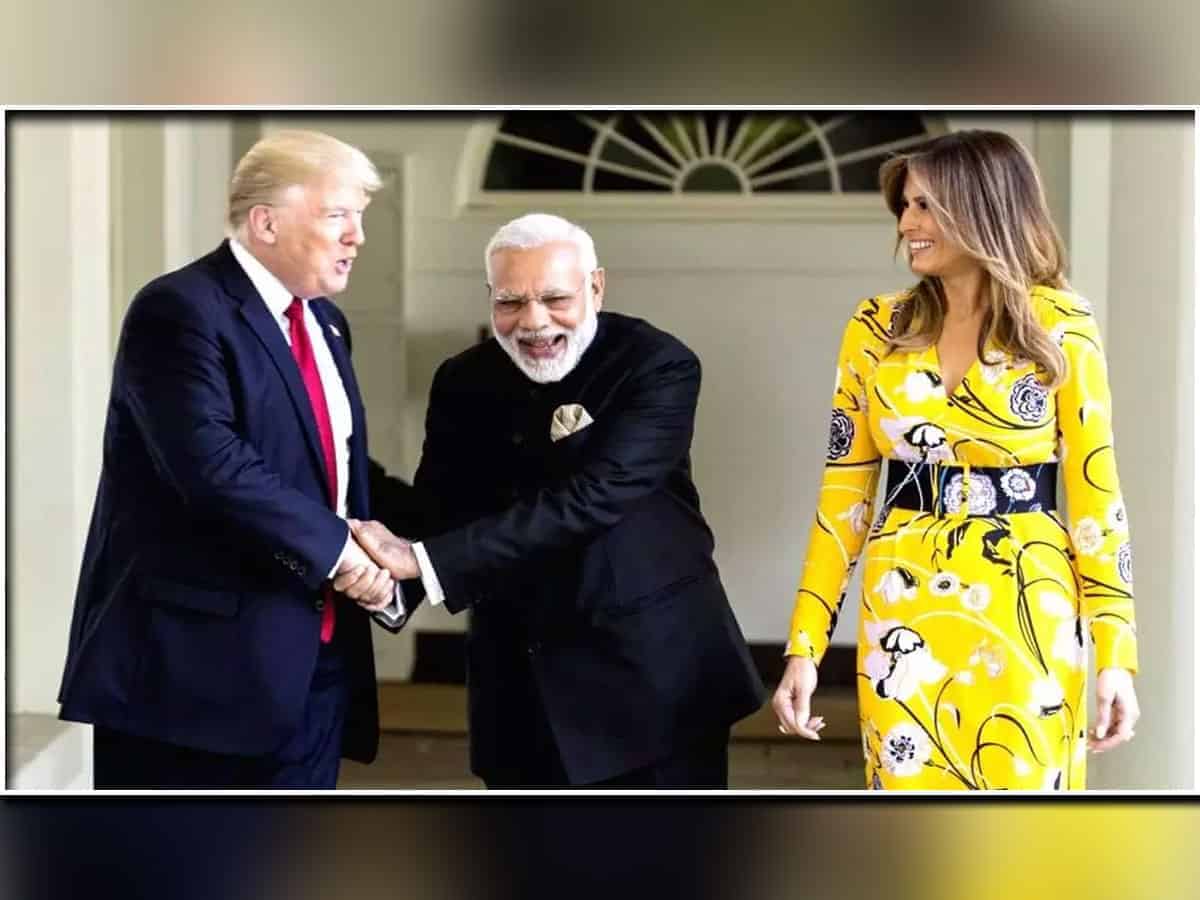New Delhi: Observing that historically India has been a very tolerant, respectful country for all religions, a top Trump administration official has said that the US is “very concerned” about what is happening in the country in terms of religious freedom.
The remarks of Samuel Brownback, the Ambassador-at-Large for International Religious Freedom, came hours after the release of the ‘2019 International Religious Freedom Report’ on Wednesday.
Mandated by the US Congress, the report documenting major instances of the violation of religious freedom across the world was released by Secretary of State Mike Pompeo at the State Department.
Increase in communal violence
India has previously rejected the US religious freedom report, saying it sees no locus standi for a foreign government to pronounce on the state of its citizens’ constitutionally protected rights.
Brownback, during a phone call with foreign journalists on Wednesday, said India has been a country area that spawned four major religions itself.
“We do remain very concerned about what’s taking place in India. It’s historically just been a very tolerant, respectful country of religions, of all religions,” he said.
The trendlines have been troubling in India because it is such a religious subcontinent and seeing a lot more communal violence, Brownback said.
Need of an interfaith dialogue
“We’re seeing a lot more difficulty. I think really they need to have a, I would hope they would have an, interfaith dialogue starting to get developed at a very high level in India, and then also deal with the specific issues that we identified as well.
“It really needs a lot more effort on this topic in India, and my concern is, too, that if those efforts are not put forward, you’re going to see a growth in the violence and of the increased difficulty within the society writ large,” said the top American diplomat on international religious freedom.
Responding to a question, Brownback hoped that the minority faiths are not to be blamed for the COVID-19 spread and that they would have access to the healthcare and the foods and the medicines that they need during the crisis.
Modi criticized discrimination
Prime Minister Narendra Modi has criticised any form of discrimination, saying the COVID-19 pandemic affects everyone equally.
“COVID-19 does not see race, religion, colour, caste, creed, language or border before striking. Our response and conduct thereafter should attach primacy to unity and brotherhood,” Modi said in a post on LinkedIn in February.
India proud of secularism
The Indian government, while previously rejecting the US religious freedom report, had said: “India is proud of its secular credentials, its status as the largest democracy and a pluralistic society with a longstanding commitment to tolerance and inclusion”.
“The Indian Constitution guarantees fundamental rights to all its citizens, including its minority communities. It is widely acknowledged that India is a vibrant democracy where the Constitution provides protection of religious freedom, and where democratic governance and rule of law further promote and protect the fundamental rights.
“We see no locus standi for a foreign entity/government to pronounce on the state of our citizens’ constitutionally protected rights,” the Ministry of External Affairs (MEA) said in June last year.
Religiously motivated killings
Earlier in the day, the US State Department in its India chapter of the report said that there were reports of religiously motivated killings, assaults, riots, discrimination, vandalism and actions restricting the right of individuals to practice and speak about their religious beliefs.
According to the Ministry of Home Affairs (MHA) data, 7,484 incidents of communal violence took place between 2008 and 2017 in which more than 1,100 people were killed, it said.
The Federation of Indian American Christian Organizations (FIACONA) in a statement welcomed the US annual religious freedom report.
FIACONA President Koshy George said that his organisation finds the list of incidents affecting the rights of the people to believe and practice their faiths as reported to be accurate though there are a few more thousand such incidents that have taken place in India during the reporting period


